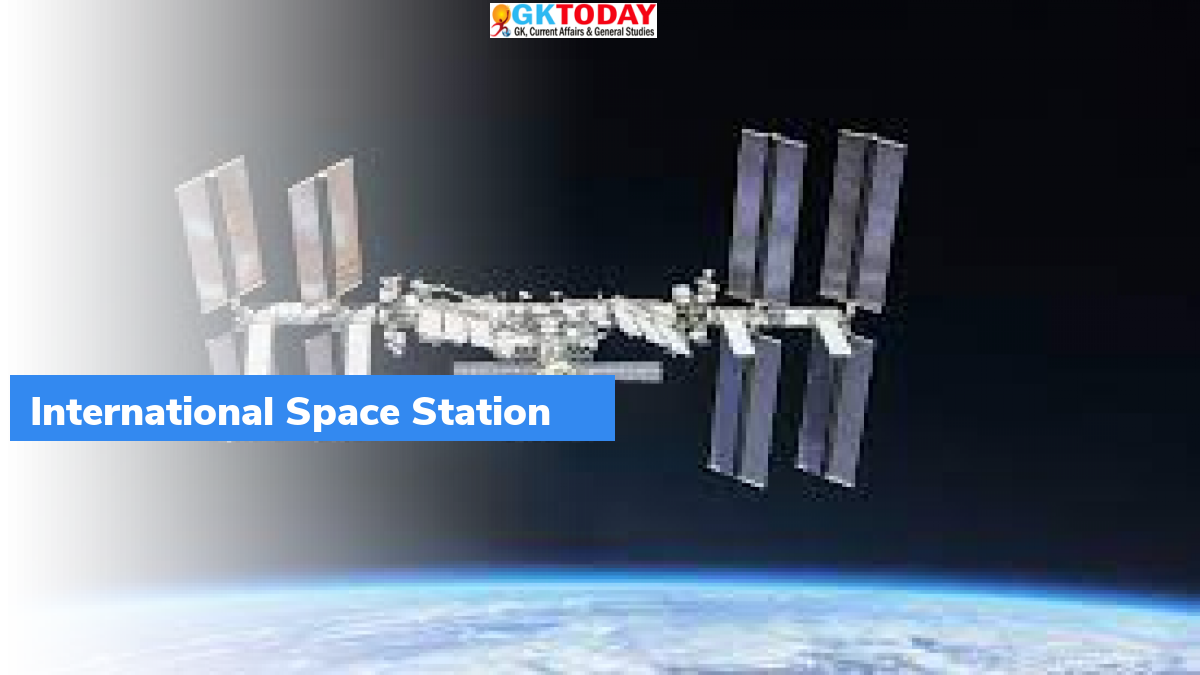What is Starlab?
Since its launch in 1998, the International Space Station (ISS) has been a symbol of international cooperation and a hub for scientific research in space. However, as the ISS nears the end of its operational life, plans are already underway to replace it with a cutting-edge, state-of-the-art floating science laboratory called Starlab.
The Collaboration Behind Starlab: Voyager Space and Airbus
One of the key players behind the development of Starlab is Voyager Space, a prominent private space company. Voyager Space has teamed up with Airbus, a major aerospace manufacturer, to design and construct the new space station. Their combined expertise and resources promise to deliver a highly advanced facility that will propel scientific exploration and discovery to new heights.
The Crew of Starlab: Nasa and ESA Astronauts
Starlab will be continuously crewed, hosting astronauts from both NASA (National Aeronautics and Space Administration) and ESA (European Space Agency). These skilled spacefarers will be tasked with conducting groundbreaking experiments in the unique environment of microgravity.
Pioneering Experiments in Microgravity
The primary focus of Starlab will be conducting experiments in microgravity. The absence of gravitational forces will enable scientists to study biological, physical, and chemical phenomena that are not possible on Earth. These experiments could lead to breakthroughs in medicine, materials science, and various other fields.
Luxury in Space: Hilton’s Crew Quarters
To ensure the well-being and comfort of astronauts during their missions, Hilton, the renowned hospitality company, has been entrusted with the design of the crew quarters on Starlab. By incorporating their expertise in creating luxurious spaces, Hilton aims to provide a homely environment for the astronauts, helping them stay focused and productive.
A Remarkable Journey: 22 Years of ISS in Low Earth Orbit
The ISS has been orbiting the Earth for an impressive 22 years. During this time, it has played a pivotal role in fostering international cooperation in space exploration and conducting numerous scientific experiments.
The Turning Point: ISS Project Conclusion
Mounting safety concerns and a breakdown in relations with Russia, one of the major partners in the ISS project, have led space agencies to consider concluding the ISS project. However, the decision to develop Starlab ensures that scientific advancements in space will continue uninterrupted.
Safely Deorbiting the ISS: NASA’s Space Tug
With the ISS project set to conclude in 2030, NASA is already working on a space tug that will safely deorbit the aging space station. This innovative approach demonstrates the agency’s commitment to responsible space practices and environmental sustainability.
Voyager Space’s Achievement: A $160 Million Space Act Agreement (SAA)
In recognition of their significant contributions to the development of the new space station, Voyager Space was awarded a $160 million Space Act Agreement (SAA) by NASA. This funding highlights the importance of public-private partnerships in advancing space exploration.
Design Evolution: From Inflatable to Fixed Metallic Module
Originally conceived as a lightweight inflatable station, the design of Starlab underwent a transformation, evolving into a fixed metallic module. This alteration was based on engineering considerations, ensuring the station’s robustness and longevity.
Month: Current Affairs - August, 2023
Category: Science & Technology Current Affairs


